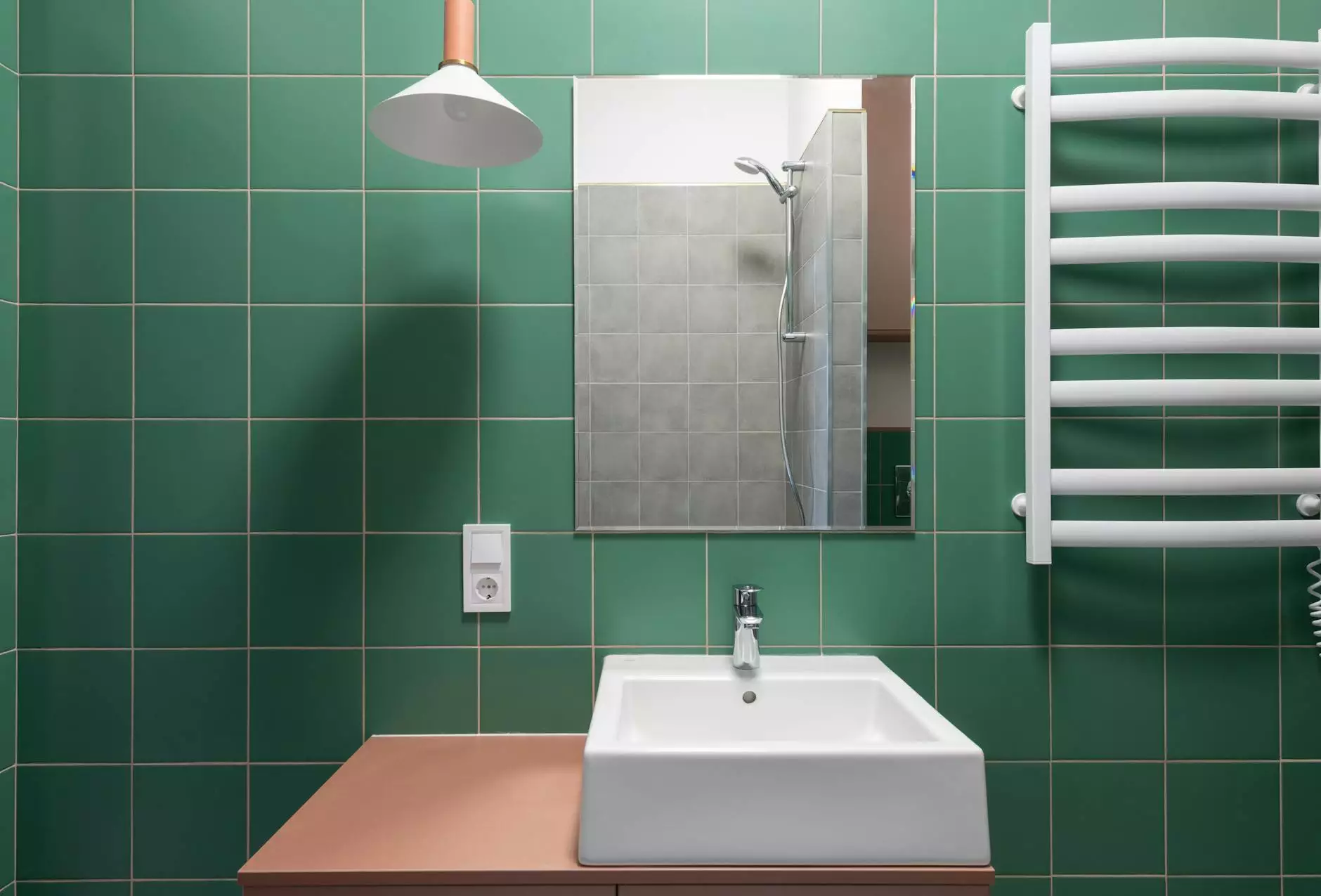Transform Your Driveway with Artificial Grass: A Comprehensive Guide

Are you tired of the usual concrete or gravel driveways? Do you wish for a driveway that not only adds aesthetic charm but also offers practicality? If so, the emerging trend of using artificial grass for driveways might just be the perfect solution for you. This article delves into the world of artificial grass and how it can significantly enhance your driveway experience.
1. The Aesthetic Appeal of Artificial Grass for Driveways
One of the primary advantages of utilizing artificial grass for driveways is the substantial aesthetic enhancement it can provide. Traditional driveways often lack character and can be visually unappealing. In contrast, artificial grass brings a vibrant, green look that can make your property stand out. Let's explore some of the aesthetic benefits:
- Natural Look: Modern artificial grass is made from materials that closely mimic the appearance of real grass.
- Versatile Design Options: Available in various shades and textures, allowing for customization to match your home’s design.
- Green All Year Round: Unlike natural grass that can look brown and lifeless during dry seasons, synthetic turf maintains its lush appearance throughout the year.
2. Practical Benefits of Installing Artificial Grass
Beyond looks, the practical benefits of installing artificial grass for driveways are numerous:
2.1 Low Maintenance Costs
Maintenance is a significant concern for homeowners. Traditional driveways require regular upkeep, including sealing, cracking repairs, and staining. On the flip side, artificial grass requires minimal maintenance. A simple rinse or brushing is often enough to keep it looking pristine.
2.2 Durability and Longevity
Investing in artificial grass is investing in durability. Quality artificial turf can resist wear and tear, making it an excellent choice for high-traffic areas like driveways. With proper installation, it can last over 15 years, providing a cost-effective solution over time.
2.3 Improved Drainage
One of the often-overlooked benefits of artificial grass for driveways is its drainage capabilities. The design of synthetic turf allows rainwater to drain through the surface, reducing puddles and minimizing erosion caused by runoff.
3. Environmental Impact and Sustainability
In today’s eco-conscious world, many homeowners look for sustainable solutions. Using artificial grass can contribute to a more sustainable environment:
3.1 Water Conservation
Natural lawns demand a substantial amount of water for upkeep. In contrast, artificial grass requires no watering, making it an excellent choice for water conservation efforts in drought-prone areas.
3.2 Reduced Chemical Use
Maintaining a healthy lawn often involves the use of fertilizers and pesticides, which can harm local ecosystems. With artificial grass, these chemicals are unnecessary, promoting a healthier environment.
4. Safety Considerations
Safety is paramount, especially in driveways where vehicles and pedestrians intersect. Here’s how artificial grass enhances safety:
- Non-Slip Surface: High-quality artificial grass provides a non-slip surface, reducing accidents especially during rainy conditions.
- Soft Fall Zones: In areas where children may play, artificial grass offers a safer landing surface compared to hard concrete.
5. Installation Process of Artificial Grass for Driveways
Understanding the installation process is crucial before making a commitment. Here’s a step-by-step guide:
- Site Preparation: Clear the area of debris, sod, and ensure that the ground is leveled.
- Base Layer Installation: A layer of crushed stone or similar materials should be laid to facilitate drainage.
- Weed Barrier Fabric: Install a weed barrier to prevent growth through the turf.
- Artificial Grass Laying: Roll out the artificial grass and ensure it fits well within the desired area.
- Secure the Turf: Use stakes or adhesive to secure the turf in place.
- Finishing Touches: Trim any excess turf, fill seams, and add infill for stability.
6. Choosing the Right Type of Artificial Grass
Selecting the right type of artificial grass for your driveway is essential. Consider factors such as:
- Infill Type: Different infills can affect the feel and durability. Rubber infill is ideal for cushioning, while crushed stone can improve drainage.
- Grass Pile Height: A shorter pile is often more appropriate for driveways, ensuring durability while maintaining an attractive look.
- Color Selection: Choose a shade that complements your home and enhances curb appeal.
7. Frequently Asked Questions about Artificial Grass for Driveways
7.1 Is artificial grass suitable for use in driveways?
Yes, artificial grass is specifically designed to withstand weight and traffic, making it ideal for driveways.
7.2 How long does artificial grass last?
With proper installation and care, artificial grass can last 15-25 years, depending on the quality of materials used.
7.3 Does artificial grass get hot in the sun?
Some synthetic turfs can absorb heat, but many manufacturers offer products that are designed to stay cooler, making it comfortable underfoot.
7.4 Can I install artificial grass myself?
While DIY installation is possible for those with experience, consulting with professionals can ensure a proper installation and lasting results.
8. Conclusion: Embrace the Future of Driveways
In conclusion, opting for artificial grass for driveways presents an innovative solution for homeowners seeking a blend of beauty, practicality, and sustainability. With minimal maintenance, enhanced aesthetics, and safety features, synthetic turf is transforming how we think about driveways. As you consider this option, remember to choose high-quality products that not only look great but are built to endure.
Ready to upgrade your driveway? Visit Perdura Lawns for high-quality artificial grass solutions that transform your outdoor space while saving water and reducing maintenance costs.








